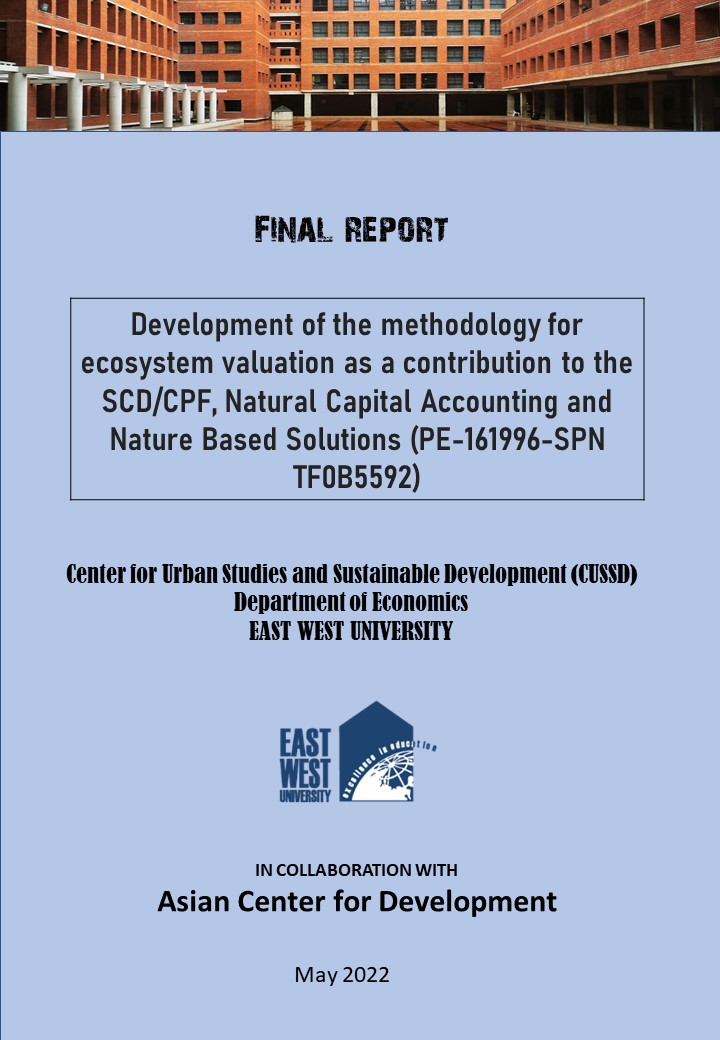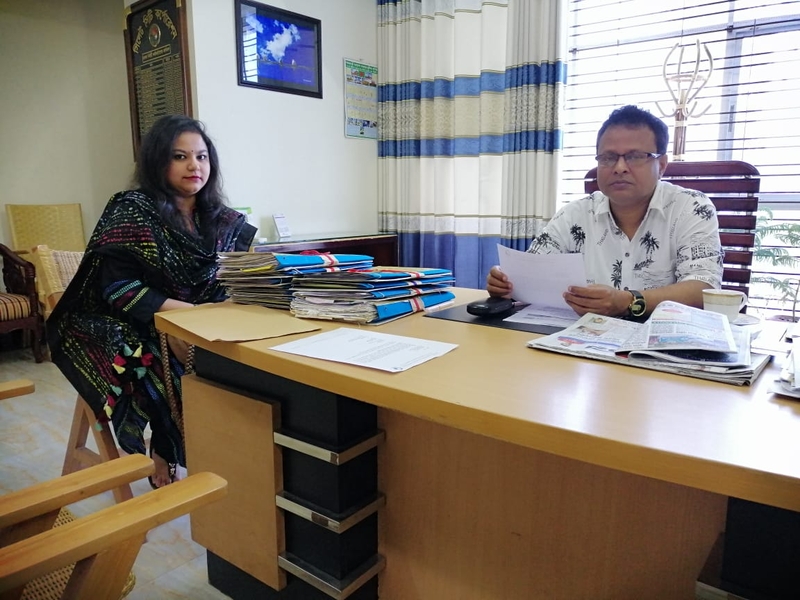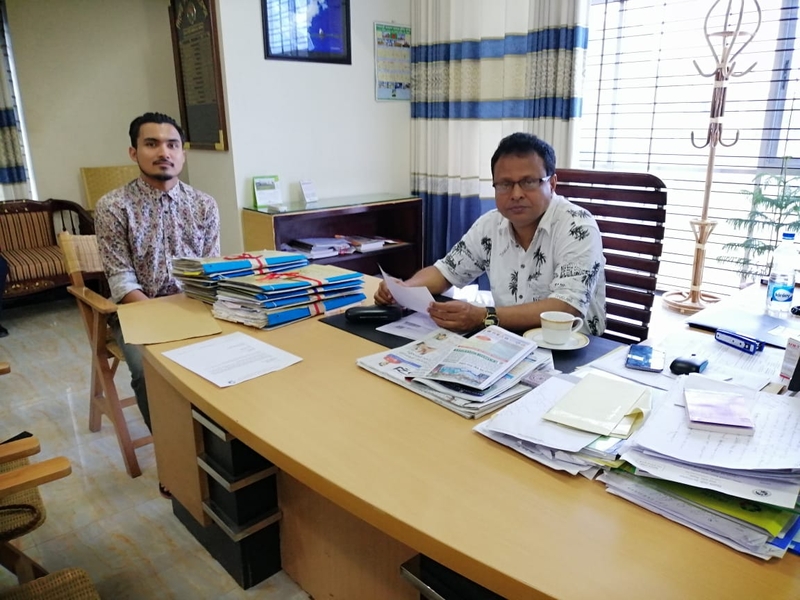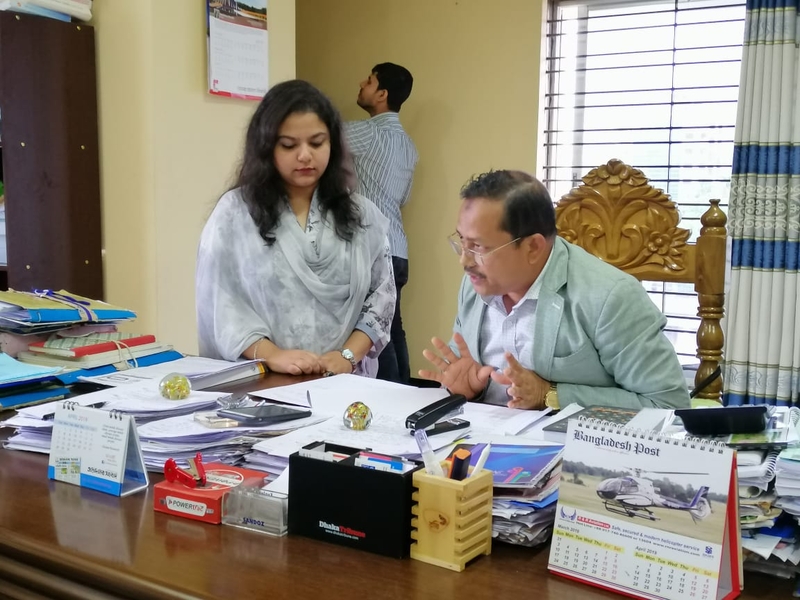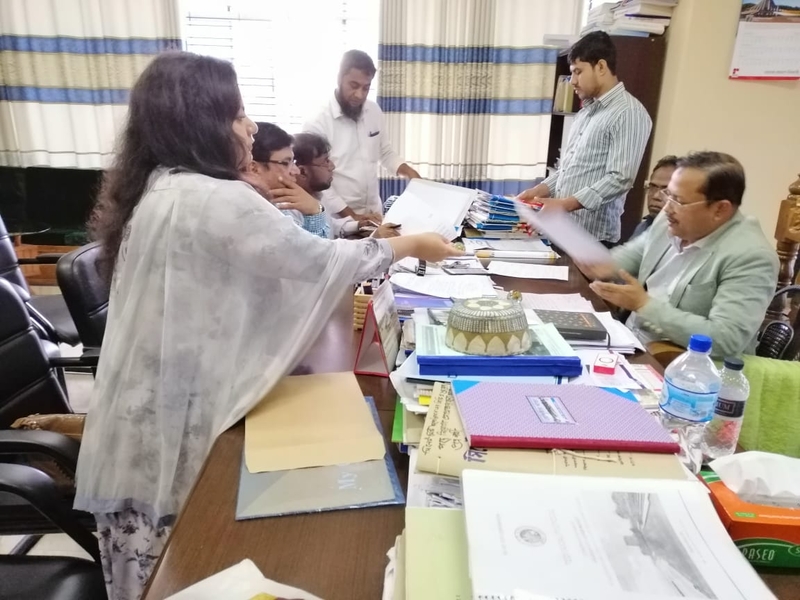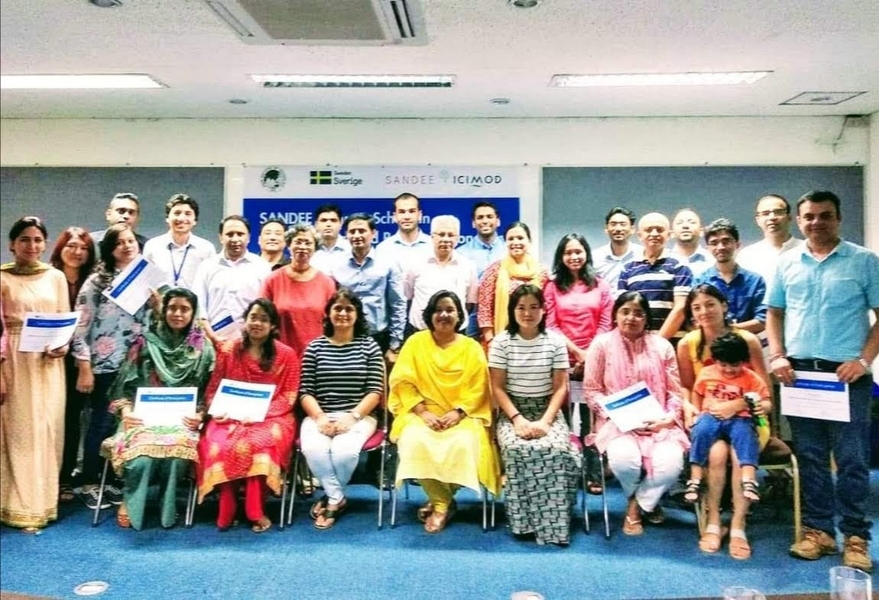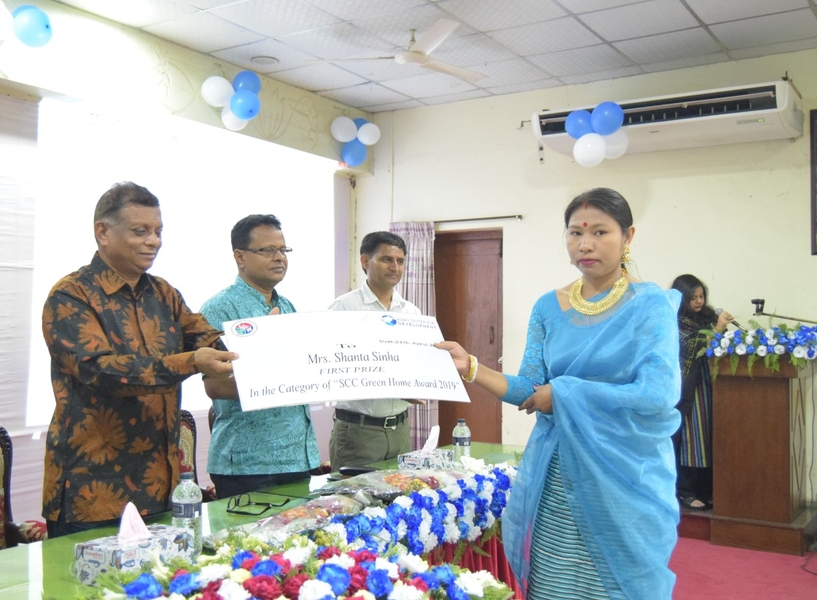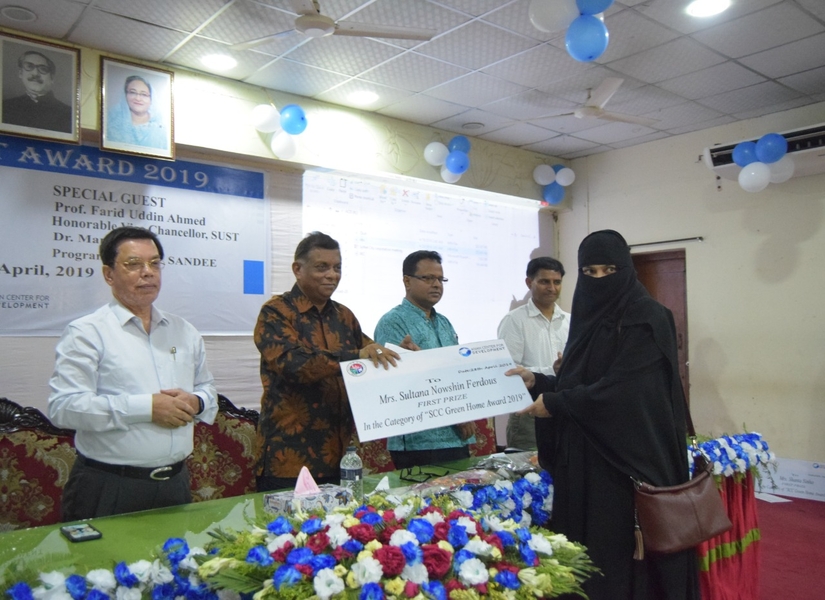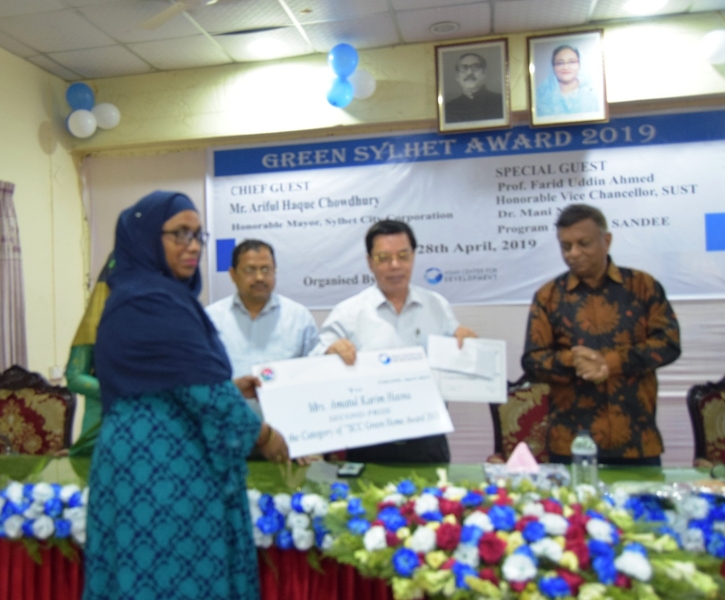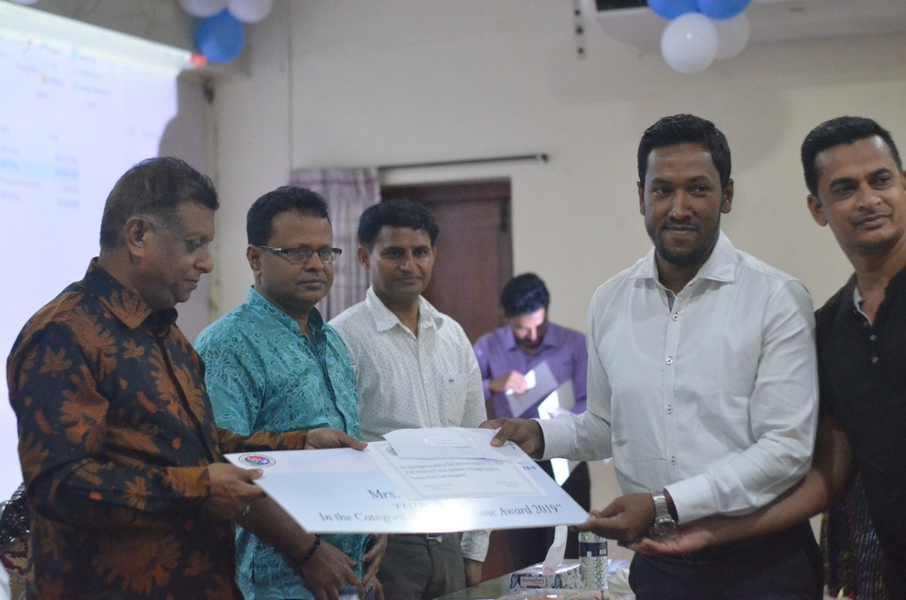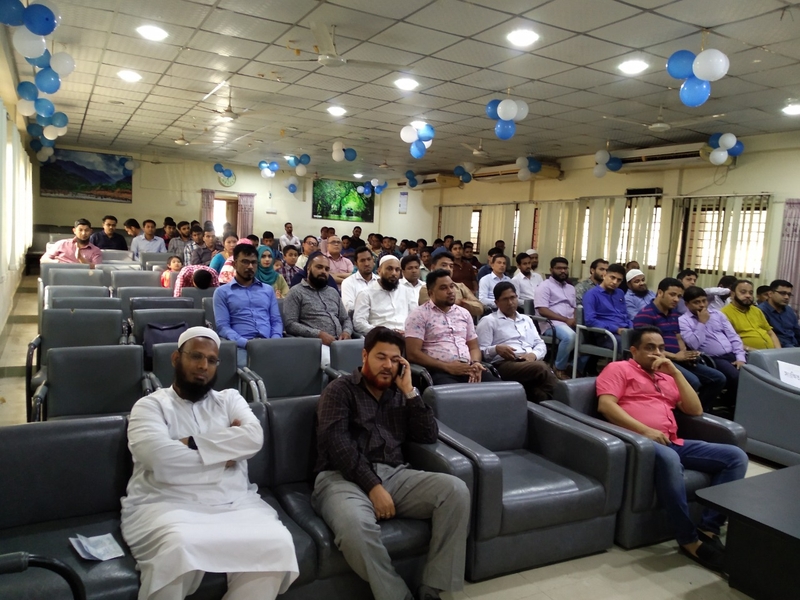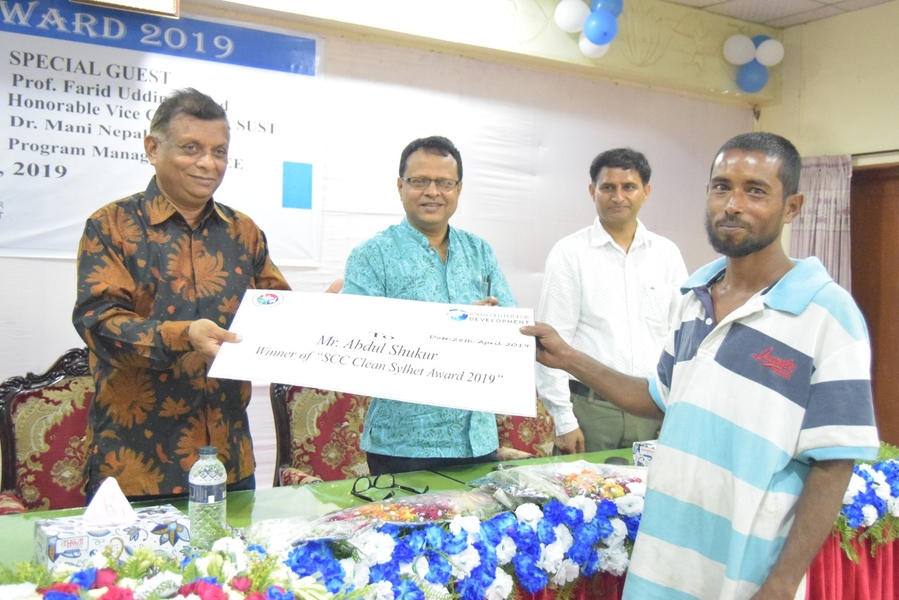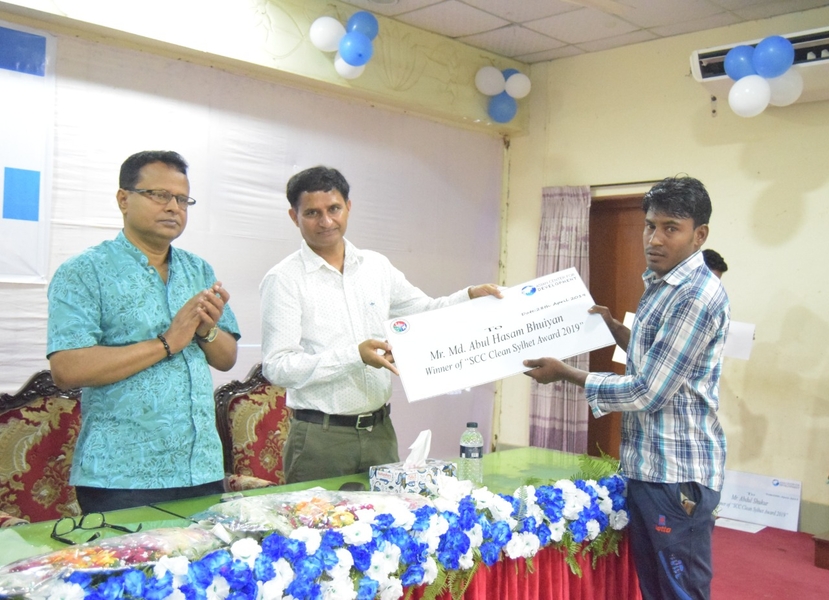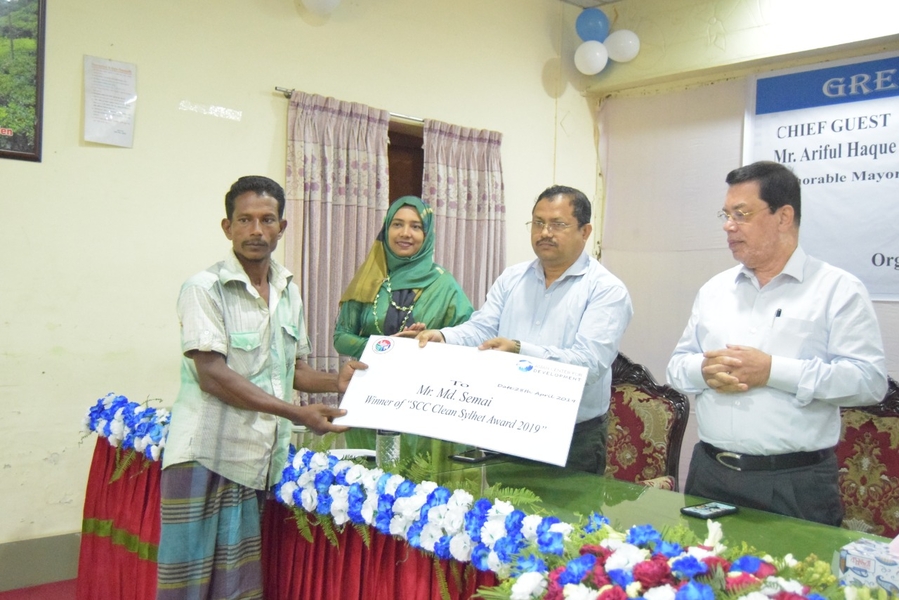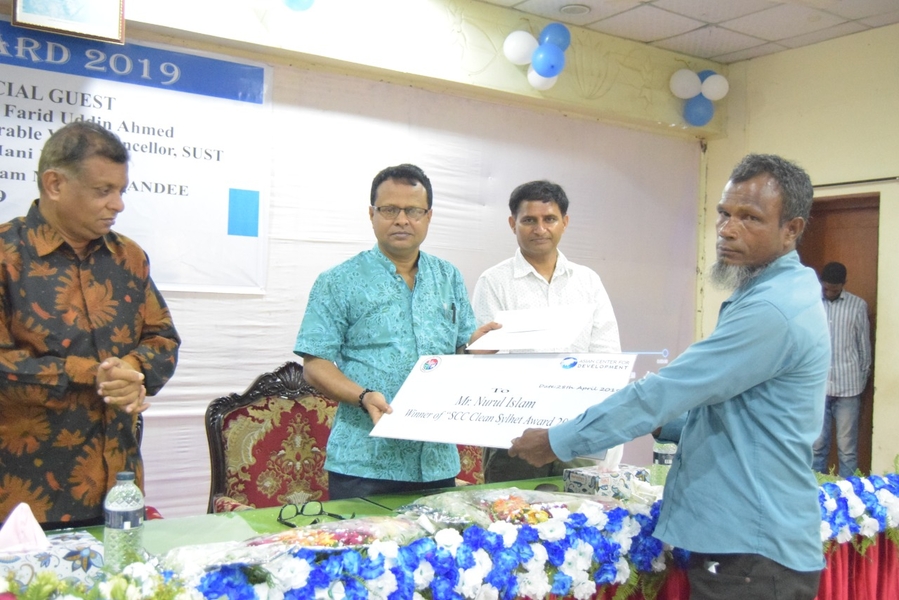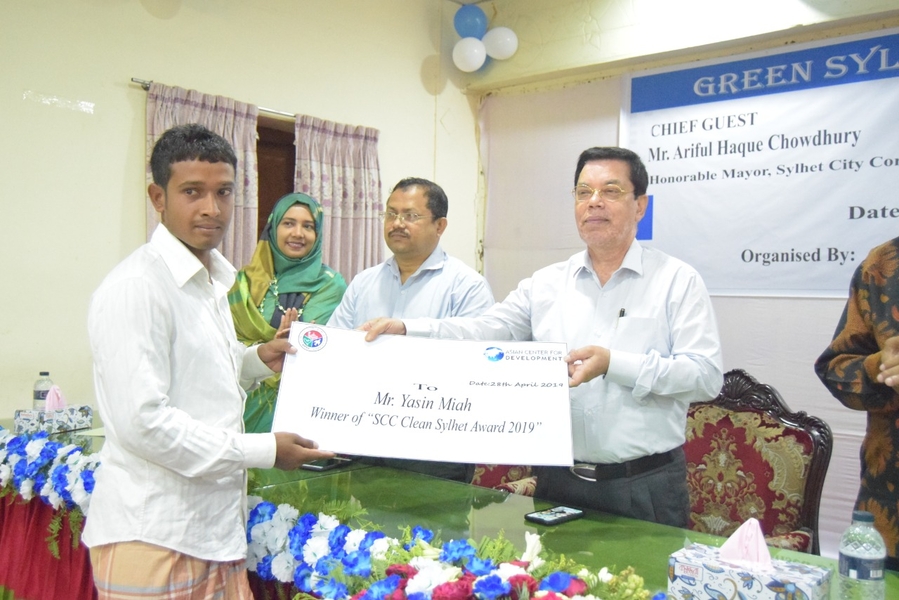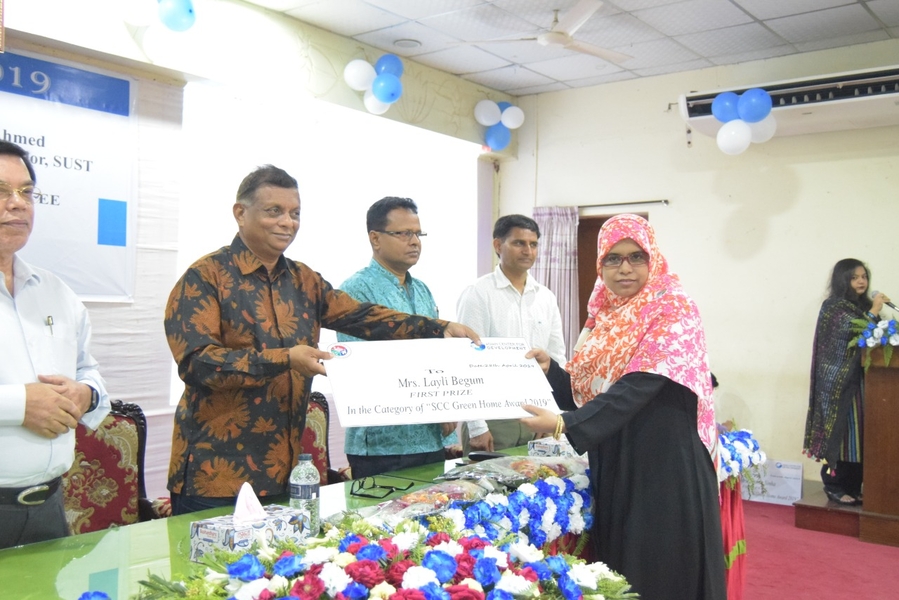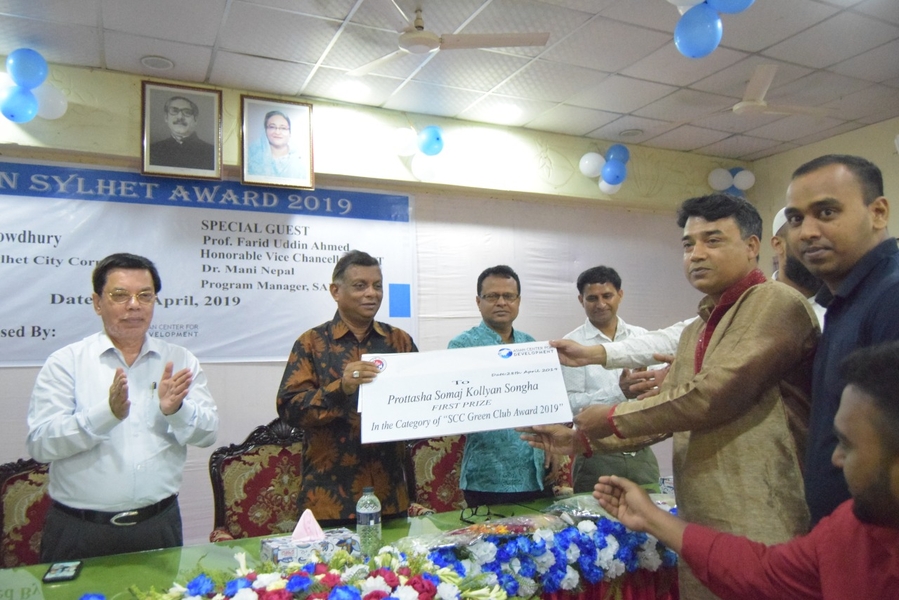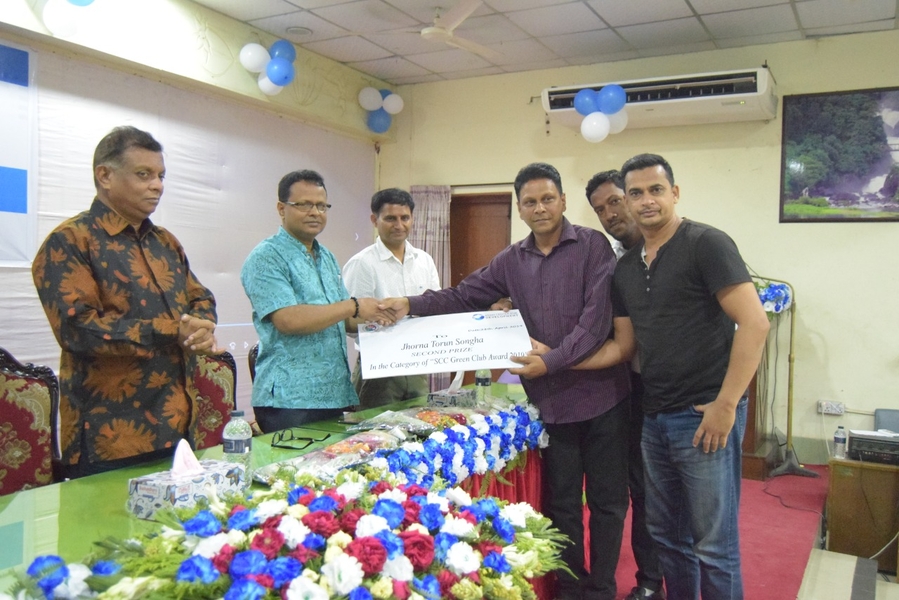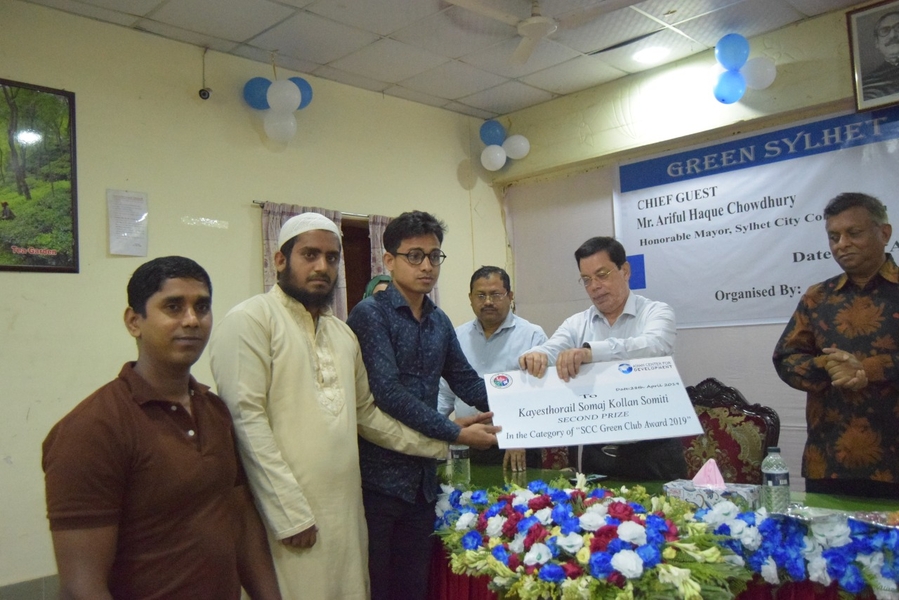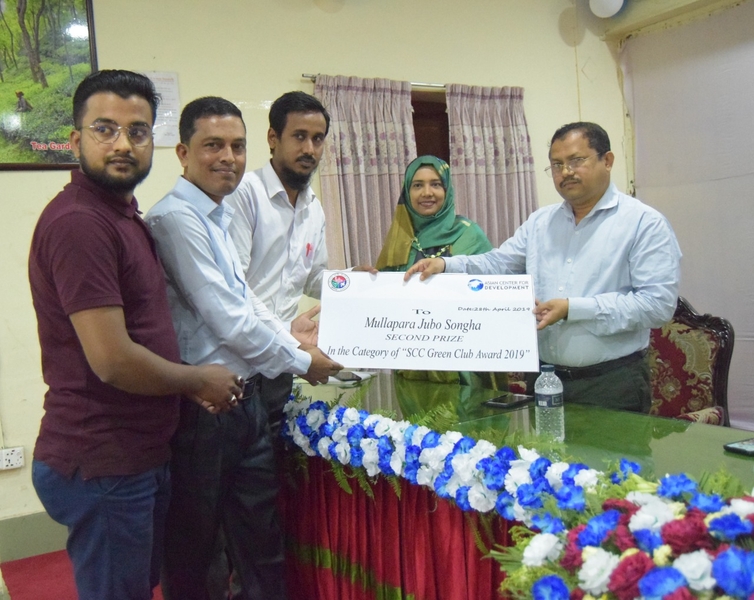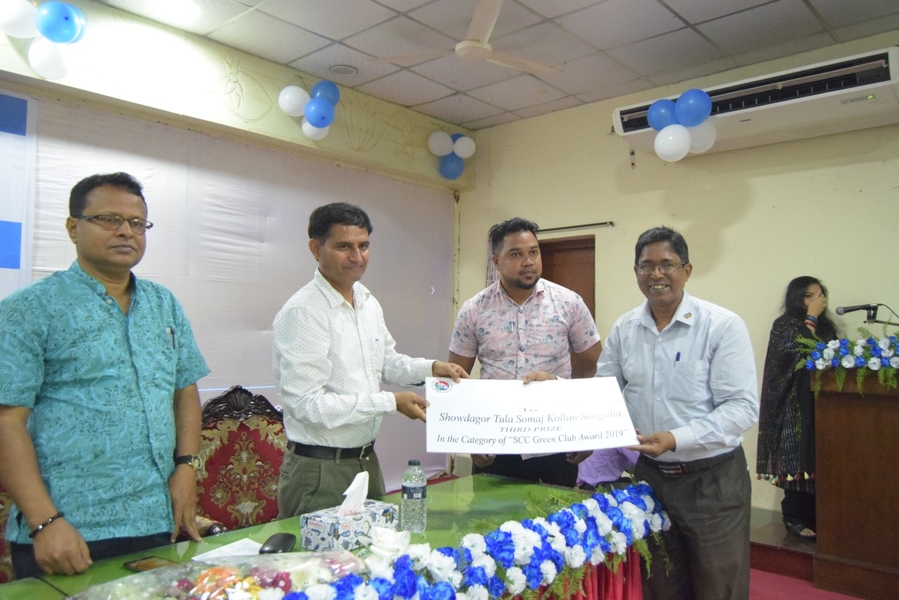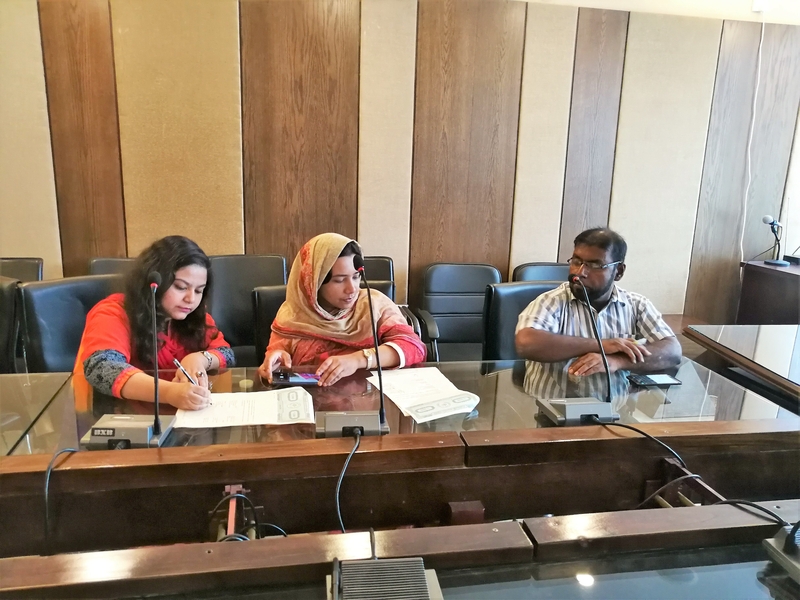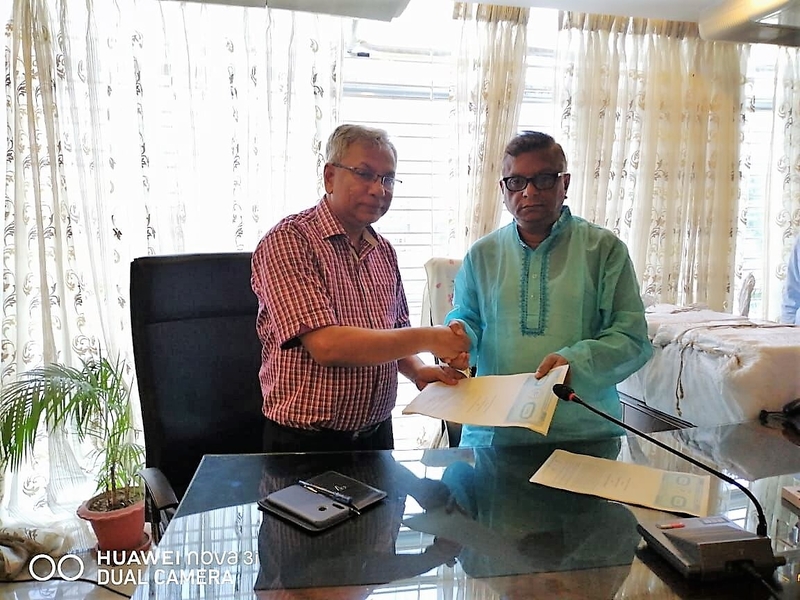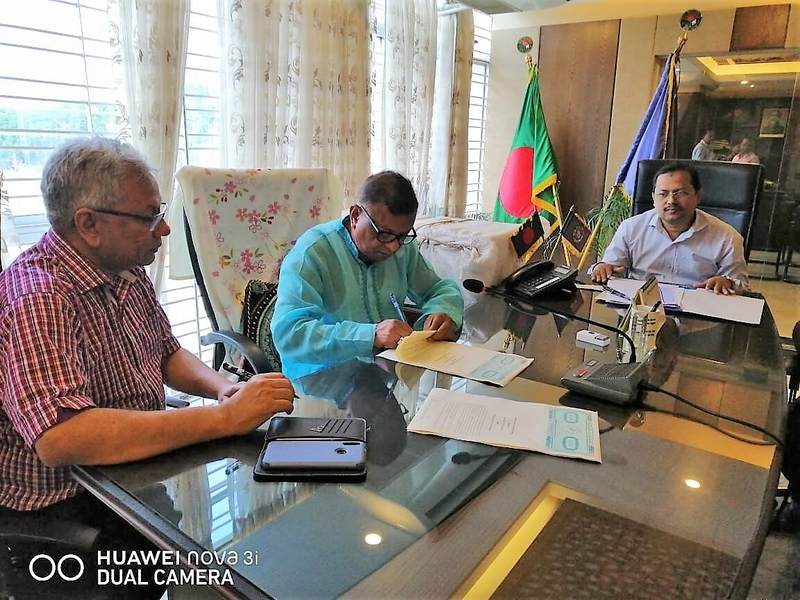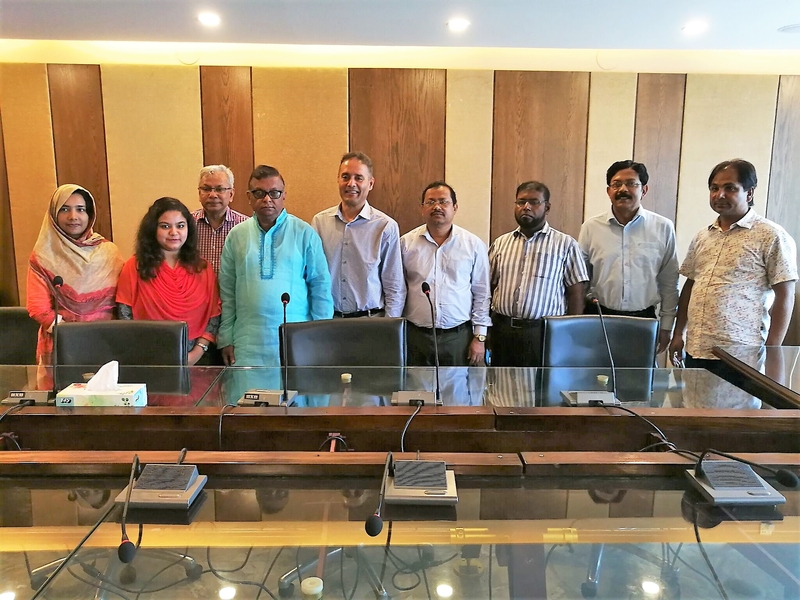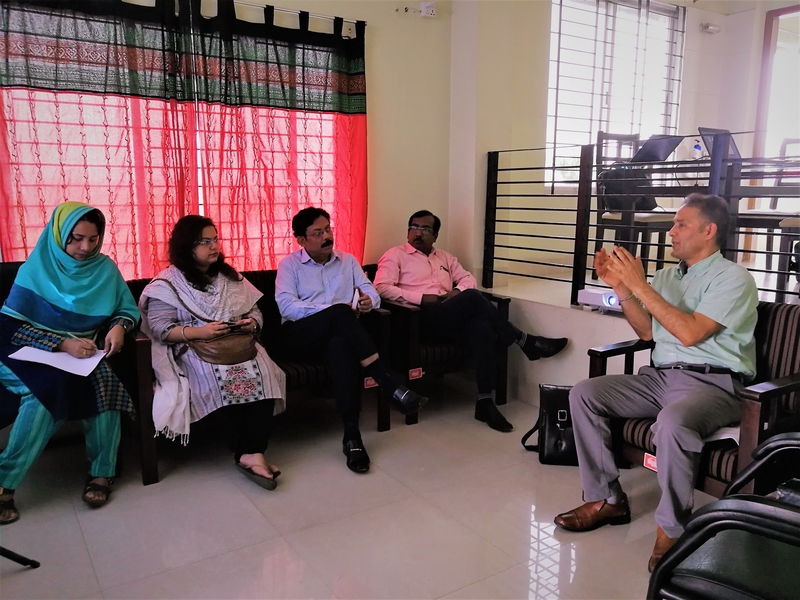Developing Methodology for Natural Capital Accounting of Bangladesh
Natural resources and ecosystems have economic value, because they provide ecosystem goods and services which ultimately sustain and enhance human wellbeing. Economic value is often referred to as instrumental value as opposed to intrinsic value which is value of a resource in and of itself. In a “perfect” market, the economic value of a good is indicated by the market price. When valuing ecosystem services (or environmental goods in general), however, there are caveats one of which is that ecosystem services are not traded in markets. This suggests that alternative methods must be employed to obtain economic values for non-market services.
The overall objective for this assignment is to develop a methodology for natural capital accounting of forest and wetland resources of Bangladesh.
Given the time and resources allocated, we attempted to develop a guiding methodology only for the forest and aquatic ecosystems of Bangladesh. Based on the screening of secondary literature and outcomes of the expert group meeting (EGM), we finally decided to evaluate the forest ecosystems of Bangladesh under the following four segments (i) Hill forests, (ii) Sal forests, (iii) mangrove forests and (iv) Coastal forest. Similarly, given the context of Bangladesh we planned to evaluate aquatic services under the following four segments (i) Floodplains, (ii) Rivers, (iii) Wetlands in Sundarban, and (iv) Water bodies in Hill forests.
There are four important habitat services of nature – these are a) habitat service for wildlife; b) primary production of flora; c) nutrient recycling service and d) spawning or nursery services. While all these services exist in all the ecosystems, an expert survey reveals that for forest, river and floodplain ecosystems of Bangladesh, the most important service is habitat for wildlife.
Conceptually, here are five ecosystem accounts that need to be developed over time. These are:
- Ecosystem Extent Accounts (physical) which record the total area of each ecosystem resource – classified by type of ecosystems (in this example six ecosystems in Bangladesh). It is measured over time and so it measures changes in extent for each ecosystem over time.
- Ecosystem Condition Accounts (physical) record the health condition of the ecosystem resources in terms of specific characteristics over time (point-to-point estimates) – thus it measures the changes in the condition or health of ecosystems.
- Ecosystem Services Flow Accounts (physical) record the volume of selected ecosystem services (in this case 25 selected services as shown in Table 16).
- Ecosystem Services Value Accounts (monetary) estimates the impact of changes in these ecosystem services on economic activities at the household and firm level.
- Ecosystem Assets Value Accounts (monetary) estimates the changes in the value of ecosystem assets or resources in terms of the value of ecosystem assets. This includes accounting for ecosystem degradation/improvement and depletion/addition.
This means that for a country to develop ecosystem accounts, there is a need to develop five separate accounts and it often requires time. Each of these accounts shall, however, be integrated in a common framework and has been described in detail in the report.
The research is conducted in collaboration with the Center for Urban Studies and Sustainable Development, East West University.
CUSSD-ACD Core Team
Dr. A K Enamul Haque
Dr A M Tanvir Hussain
Dr. Biva A Mallik
Estiaque Bari
Asiya Siddica
ACD Advisory Team
Dr. S. Madheswaran
Dr. P Mukhapadhay
M Abdullah Abu Diyan
Dr. Mani Nepal
Dr Md. Rumi Shammin
Dr. Mohammed Kamal Hossain
Professor Rezaur Rahman
Md. Raquibul Amin

